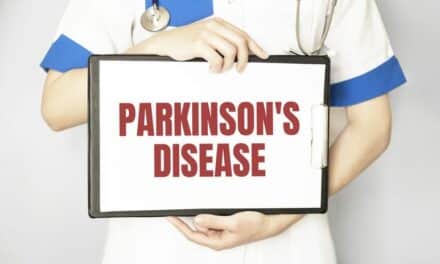Summary:
CurePSP has awarded 2025 CARES grants to support collaborative, multi-center projects aimed at improving care, access, and education for patients with PSP, CBD, and MSA.
Key Takeaways:
- The CurePSP CARES program funds innovative, multi-institutional projects to enhance diagnosis, treatment, and support for rare neurodegenerative diseases.
- This year’s $130,000 in grants supports three projects focusing on healthcare access disparities, rural care network improvements, and speech therapy effectiveness.
- The initiative underscores CurePSP’s commitment to advancing person-centered care and fostering collaboration among medical institutions.
CurePSP announced the recipients of their Collaborative Approaches to Resources, Education, and Support (CARES) grants designed to advance best practices in the care of progressive supranuclear palsy (PSP), corticobasal degeneration (CBD), and multiple system atrophy (MSA).
CARES stimulates impactful research through the CurePSP Centers of Care, 36 medical institutions across the U.S. and Canada with the mission to enhance diagnosis and treatment of PSP, CBD, and MSA, rare atypical parkinsonian neurodegenerative conditions.
CurePSP CARES projects must involve at least two Centers of Care and focus on person-centered care models, access to care, needs of underserved populations or education of the medical community. CurePSP allocated a total of $130,000 to fund three projects from seven prestigious medical institutions.
The University of Chicago and Queen’s Health System will evaluate gaps in healthcare access, disease progression, and survival in racial and ethnic minority populations with PSP, CBD, or MSA.
In an aim to create a more cohesive and informed care network for PSP, CBD, and MSA in rural areas of the state, Stanford University, Cedars-Sinai Medical Center, and the University of California San Francisco will perform a needs assessment of neurologists’ perspectives on diagnosing and managing the diseases, followed by hosting local outreach events.
Michigan State University and the University of Michigan will study the usefulness of a speech amplification device on voice symptoms and communication intelligibility with PSP, CBD, and MSA.
“Now in its third successful year, CARES is a testament to our continued commitment to multi-center and interprofessional approaches to improving quality of care and life of our community,” says Jessica Shurer, CurePSP’s director of clinical affairs and advocacy.




